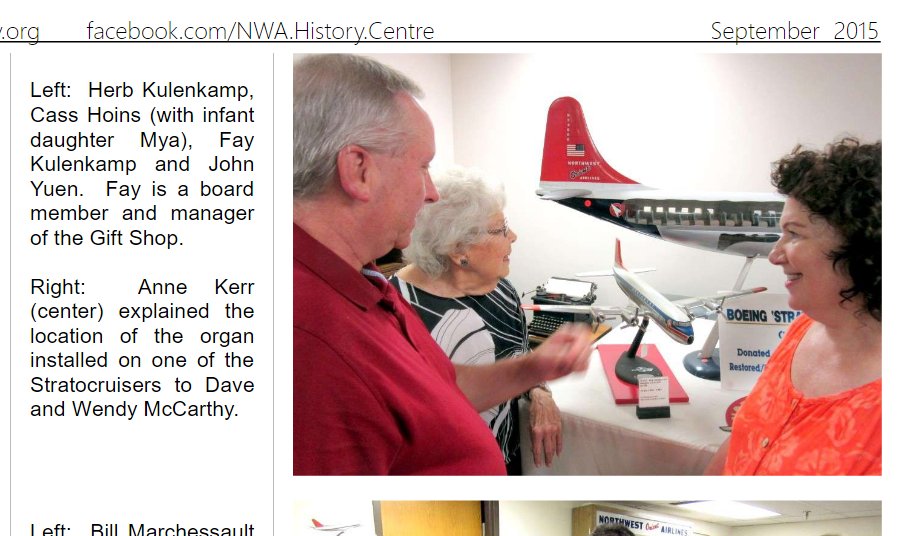THREAD: American Music Essentialism and the Perpetually Foreign Music Trope.
Here's a map of N. American Chinese Music Ensembles (NACME). There're 115 entries on it. This was compiled by Erhu player, Andrew Wilt of Tucson, Arizona (currently living in Beijing).
CA-16; US-99
1/
Here's a map of N. American Chinese Music Ensembles (NACME). There're 115 entries on it. This was compiled by Erhu player, Andrew Wilt of Tucson, Arizona (currently living in Beijing).
CA-16; US-99
1/

If that's not eye-opening, let me say that this probably vastly underestimates the actual number of groups.
Ex. I read a dissertation about NYC Chinese music from 1993 which lists 42 organizations (Appendix A) alone. This map only has 8 in NYC.
worldcat.org/title/immigran…
2/
Ex. I read a dissertation about NYC Chinese music from 1993 which lists 42 organizations (Appendix A) alone. This map only has 8 in NYC.
worldcat.org/title/immigran…
2/
Granted, many of those NYC organizations may no longer exist. So, another example: the map lists 15 organizations in the Bay Area.
My list of Chinese ensembles in the Bay Area has 34 on it and doesn't even include Vocal or Chinese Opera groups.
silpayamanant.wordpress.com/ethnic-orchest…
3/
My list of Chinese ensembles in the Bay Area has 34 on it and doesn't even include Vocal or Chinese Opera groups.
silpayamanant.wordpress.com/ethnic-orchest…
3/
Last example. In Tucson, the map has two groups. This is where the author of the map lived.
In my database I have 5, if not 6 Chinese Music Organizations based in Tucson. There's at least one choral organization (Tucson Sino Choir) and at least one group from the 1920s.
4/
In my database I have 5, if not 6 Chinese Music Organizations based in Tucson. There's at least one choral organization (Tucson Sino Choir) and at least one group from the 1920s.
4/

There are likely several hundred groups which have existed in the US since the 1850s. My lists for the Bay Area and NYC alone have nearly 100 groups.
David Badagnani's North American Chinese Music list has 229 groups in the US.
docs.google.com/document/d/1TI…
5/
David Badagnani's North American Chinese Music list has 229 groups in the US.
docs.google.com/document/d/1TI…
5/
Which says nothing about solo artists, composers, and performers. Much less about those not going the "traditional" Chinese Music route. The assumption is that if you're not doing Classical or Traditional, then you're doing Pop. Problem is, not all Pop is American.
6/
6/
One of my favorite Chinese-French American artists is LA based singer-songwriter, Jessica Fichot, whose musical influences/background have little to do with the typical "American" Popular music genres. Which begs the question-what is "American Music?"
jessicasongs.com
7/
jessicasongs.com
7/
*American Music Essentialism* necessarily demands that the idea of *Perpetually Foreign Musics* exist.
This nearly 200 year history of Chinese music in hundreds of ensembles and thousands of performers in the US isn't "American."
8/
This nearly 200 year history of Chinese music in hundreds of ensembles and thousands of performers in the US isn't "American."
https://twitter.com/Silpayamanant/status/1306628335318036483
8/
Note the construction:
It's "Chinese music," not "music made by Chinese Americans;" it's "Hindustani music," not "music made by South Asian Americans;" it's "Arabic music," not "music made by Arab Americans."
9/
It's "Chinese music," not "music made by Chinese Americans;" it's "Hindustani music," not "music made by South Asian Americans;" it's "Arabic music," not "music made by Arab Americans."
9/
By emphasizing the "historically emergent" AS "ethnically essential" we erase the cultural practice of music made by some Americans because of ethnic origins. This is functionally and precisely what happens with the Perpetual Foreigner Trope.
10/
thinkimmigration.org/blog/2019/05/2…
10/
thinkimmigration.org/blog/2019/05/2…
"Where does this music come from?" becomes the analogue of “Where are you really from?” Because what counts as being American Music is the same thing as what counts as being an American.
11/
https://twitter.com/Silpayamanant/status/1304585841386369027
11/
Going back to the map of North American Chinese Music Ensembles.
Unless we're more interested in supporting white supremacy, maybe we should be content to say these are all Chinese American Music Ensembles and that they perform Chinese American Music.
12/end
Unless we're more interested in supporting white supremacy, maybe we should be content to say these are all Chinese American Music Ensembles and that they perform Chinese American Music.
12/end
P.P.S. My 2018 Twitter Thread: Classical Music, the Perpetual Foreigner Trope, and Colonialism
https://twitter.com/Silpayamanant/status/1078553943284813824
NOTE: A Tucson Chinese responded to the lack of appreciation and derogatory comments of Chinese Music in the Arizona Daily Star (May 21, 1889).
Quote is from "The Chinese of Early Tucson: Historic Archaeology from the Tucson Urban Renewal Project" repository.arizona.edu/handle/10150/5…
Quote is from "The Chinese of Early Tucson: Historic Archaeology from the Tucson Urban Renewal Project" repository.arizona.edu/handle/10150/5…

OMG--that quote from the Tucson Chinese is incomplete! Check this!
"Yet I hear once Wagner. I go, too, into a shop in Scotland where they had a steamship for my government. The men they hammer on the boilers. That was better than Wagner."
May 21, 1889
newspapers.com/newspage/16301…
"Yet I hear once Wagner. I go, too, into a shop in Scotland where they had a steamship for my government. The men they hammer on the boilers. That was better than Wagner."
May 21, 1889
newspapers.com/newspage/16301…
To cap off this thread, nod to @DrMaDMo - history of probably the most recognizable instances of Yellowsound.
""It doesn't come from Chinese folk music, really," Nilsson says. "It's just a caricature of how [Westerners] think Chinese music would sound.""
apr.org/post/how-kung-…
""It doesn't come from Chinese folk music, really," Nilsson says. "It's just a caricature of how [Westerners] think Chinese music would sound.""
apr.org/post/how-kung-…
Gah--looks like Martin Nilsson did a dirty delete of his whole website analyzing this. Fortunately, archive dot org has it saved!
web.archive.org/web/2014082922…
web.archive.org/web/2014082922…
• • •
Missing some Tweet in this thread? You can try to
force a refresh










